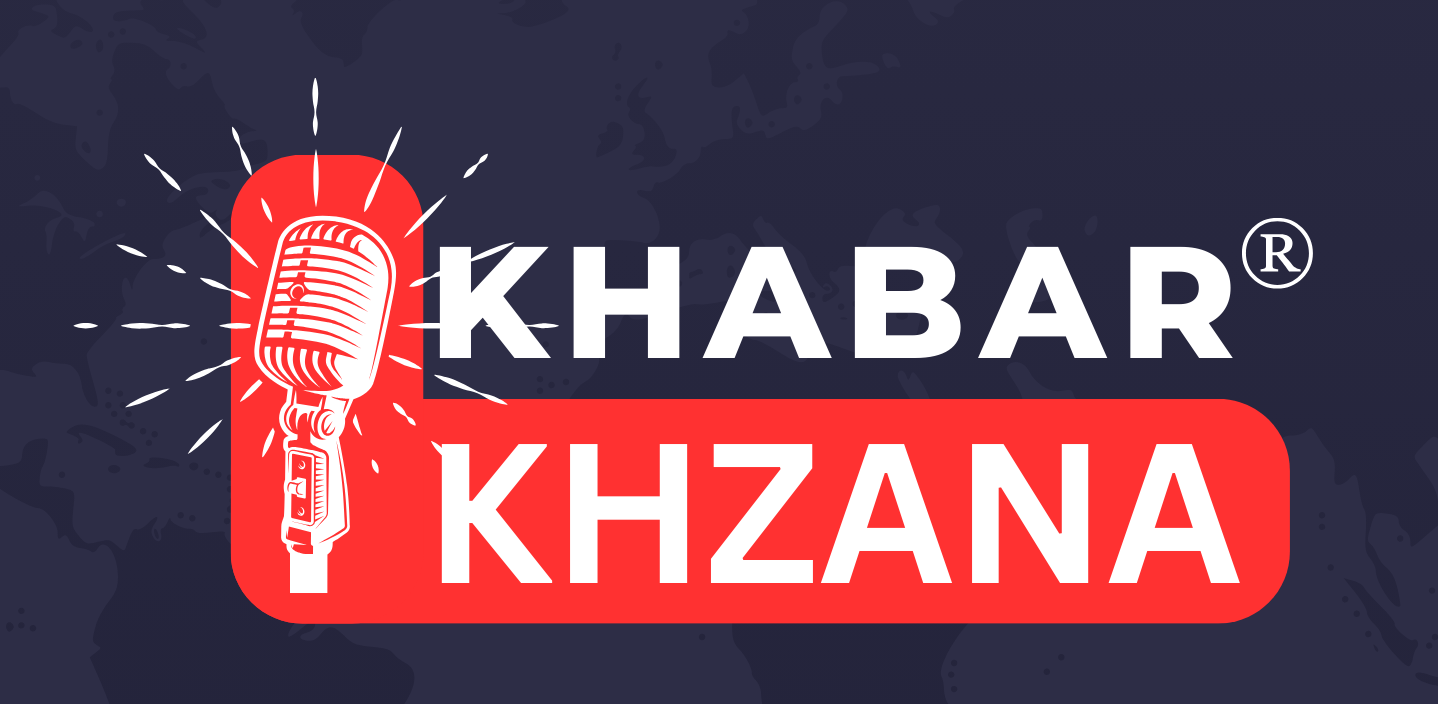
On Monday, the Supreme Court asked the government to reply to a request from online gaming companies about taxes totaling ₹1.5 lakh crore. The court didn’t stop the government’s tax notices. Chief Justice D.Y. Chandrachud, leading a three-judge bench, gave the government and tax department two weeks to respond.
The E-Gaming Federation, along with Play Games24x7, Head Digital Works, and other gaming startups, took their case to court against retrospective goods and services tax (GST) claims.
In a report on 27 September, Mint mentioned that the Directorate General of GST Intelligence was planning to send notices to online gaming companies about retrospective GST claims for the past five fiscal years, totaling nearly ₹1.5 trillion.
The problem began in August when the GST Council changed the law to make it clear that online games involving bets would have a 28% tax on the entire value of the bets starting from October.
Gaming companies argue that the 28% tax should apply only from 1 October, but the government says the change clarified an existing law, so its demand for tax dues is not retrospective.
Finance minister Nirmala Sitharaman recently explained in the Lok Sabha during a discussion on the GST (Second Amendment) Bill that the rules for imposing a 28% GST on entry-level bets on online gaming platforms apply prospectively.
“28% is the tax, and who it will apply to and on whom the incidence will fall is clearly explained… The valuation rules to exclude winnings are prospective,” Sitharaman said.
Meanwhile, the GST Department has told the Supreme Court that it will file a petition to move all cases related to the issue from various high courts to the Supreme Court.
In September, the Supreme Court stopped a Karnataka High Court decision that had canceled a GST notice on Bengaluru-based Gameskraft Technology for alleged tax evasion totaling ₹21,000 crore.
To read such great articles, stay connected with us on Khabar Khzana
